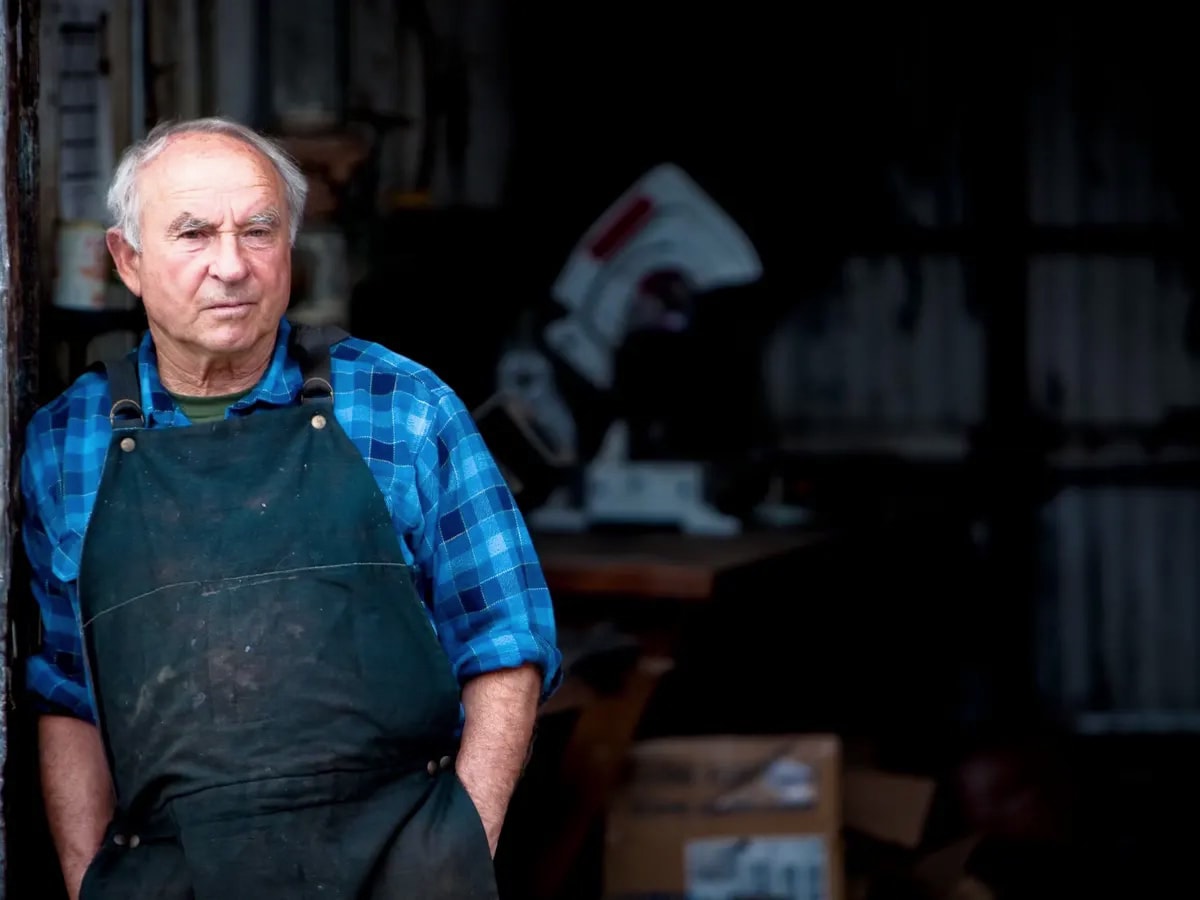$3 billion “Patagonia” donated by founder Yvon Chouinard to help fight climate crisis

Yvon Chouinard, the billionaire founder of the outdoor apparel brand Patagonia, announced that he is giving away the company to a trust that will use its profit to fight the climate crisis.
Instead of selling the company or taking it public, Chouinard, who became famous for alpine climbs in Yosemite National Park and has a net worth of $1.2 billion, is transferring his family’s ownership of the company to a trust and a non-profit organization.
“Each year, the money we make after reinvesting in the business will be distributed as a dividend to help fight the crisis,” he wrote in an open letter on the company’s website on Wednesday. (https://www.patagonia.com/ownership/)
“Instead of extracting value from nature and transforming it into wealth for investors, we’ll use the wealth Patagonia creates to protect the source of all wealth.”
Patagonia will continue to operate as a private, for-profit corporation but the Chouinard family, which controlled the company until last month, no longer own the company, according to the New York Times, which reported the move.
The company’s voting stock is being transferred to the Patagonia Purpose Trust while non-voting stock has been given to the Holdfast Collective, a non-profit dedicated to fighting the environmental crisis and defending nature. The trust will be overseen by members of the family.
While wealthy individuals often make financial contributions to causes, the structure of the Patagonia founder’s action meant he and his family would get no financial benefit – and in fact would face a massive tax bill from the donation.
In 1970 on a trip to Scotland, Chouinard purchased some rugby shirts and sold them with great success. From this small start, the Patagonia company developed a wide selection of rugged technical clothing.
Recognizing that the financial success of the company provided the opportunity to also achieve personal goals, Chouinard committed the company to being an outstanding place to work, and to be an important resource for environmental activism. In 1984, Patagonia opened an on-site cafeteria offering “healthy, mostly vegetarian food,” and started providing on-site child care. In 1986, Chouinard committed the company to “tithing” for environmental activism, committing one percent of sales or ten percent of profits, whichever is the greater. The commitment included paying employees working on local environmental projects so they could commit their efforts full-time.
In the early 1990s, an environmental audit of Patagonia revealed the surprising result (at the time), that corporate cotton, although it was a natural material, had a heavy environmental footprint. In 1996, Chouinard committed the company to using all organic cotton.
In 2002, Yvon Chouinard founded 1% for the Planet and Patagonia became the first business to commit 1% of annual sales to the environment.
In 2014, Patagonia supported the advocacy documentary film DamNation, which is about changing attitudes in America towards its dams. Chouinard was the executive producer of the film, and he was also featured in the film commenting about dams.
In 2018, in acknowledgment that sustainability and responsible practices are core to Patagonia, Yvon Chouinard was recognized with the Sierra Club’s top award, the John Muir Award.
In recent days Chouinard announced that he was donating ownership in Patagonia to a trust to ensure profits are used for addressing climate change.

